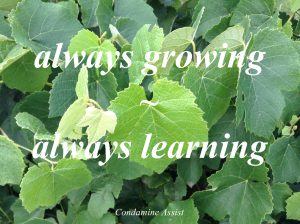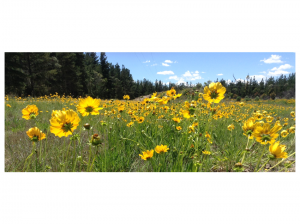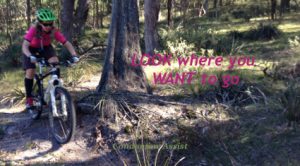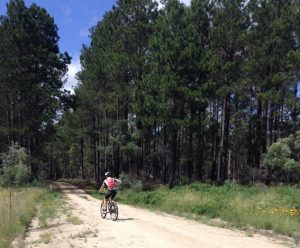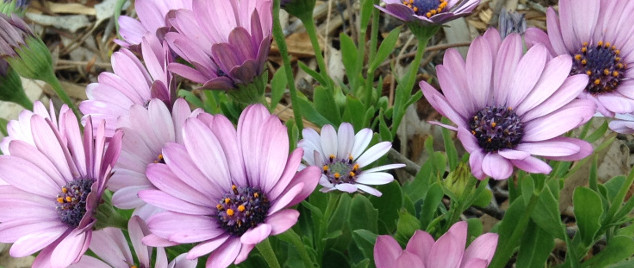
“Be prepared” – a familiar and valuable motto in life that I first came to know through my involvement in the Guiding and Scouting movements as a young person. Little did I know back then that as an adult I would still be learning lessons based on those 2 simple words.
After signing up for my very first mountain bike event recently, I threw myself into Preparation Phase. I knew I had my work cut out for me to get race-ready. I was worried about being incompetent on the course, exhausted before the end of the event, and scared of the technical sections and the race experience in general. But … I was up for the challenge and immersed myself in a process which smoothed the path and built up layers of skill, excitement and confidence.
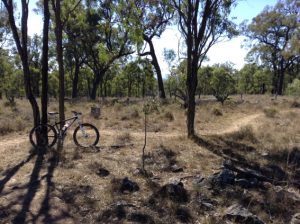
My preparation plan was more than a physical training plan. Sure, it included some much needed skills training and practice, enduran ce training, trialling nutrition options, and ensuring plenty of hydration and sleep in the lead up to the event. However, being aware that my mental preparation was also in dire need of attention (note the above references to being worried and scared!), I had a serious examination of my inner voices, then developed a plan to optimise them. I wanted my head to work for me not against me. My experience with mountain biking so far had highlighted just how critical and limiting I can be towards myself and this was definitely not helpful at all. I needed to find a way to deal with that before I could even get myself onto a race course – literally!
So, my mental preparation plan included:
- Learning to speak to myself in encouraging ways
- Developing a growth mind set (the modern term for having an attitude of flexibility, openness, readiness to learn, readiness to ask questions as opposed to a closed mindset in which skills are considered innate)
- Challenging my urge to perfectly accomplish any task I attempt the first time and to implement my skills in persistence instead
- Setting a race goal for myself that is aligned with my values and conducive to a constructive mindset
- Getting out of my comfort zone to ask people questions about the event, technical skills training, physical training tips, nutrition, hydration etc etc
- Reading forums and articles about women’s cycling, women’s MTB events and races, newbie racing, and dealing with race day nerves.
![Actually_I_can[1]](https://www.kathrynwalton.com.au/wp1/daisyspoke/wp-content/uploads/sites/2/2016/08/Actually_I_can1-150x150.jpg)
I discovered that:
- I can, in fact, make choices about which inner voices I listen to
- I have the capacity to persist, practise, learn and improve
- People enjoy sharing their knowledge and skills with others
- I can ask questions, be heard and understood
- Goals don’t have to be outcomes-based – I can choose to focus on the process and experience instead
- Just about everyone else has a story to tell about being scared, worried and feeling unprepared for racing
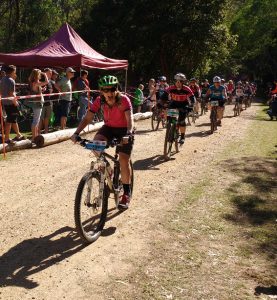
So thanks Baden Powell for giving me such a great childhood foundation to build upon as an adult. I’m inspired to reflect how much I’ve learnt from what seems like a simple process of preparing for a race, but in fact goes well beyond that into all areas of my life. Bring on the next challenge! I’m prepared to discover new, exciting and surprising ways in which I can continue to learn and grow in life!
